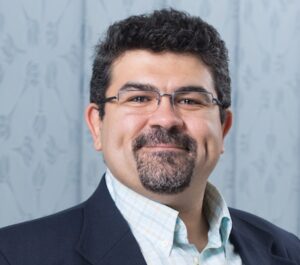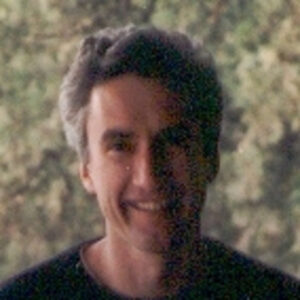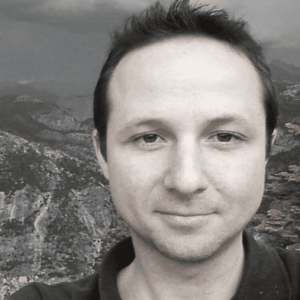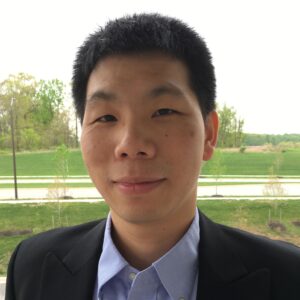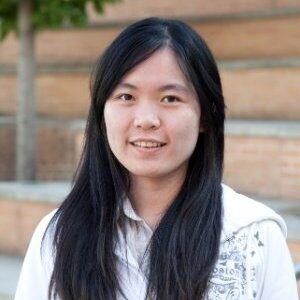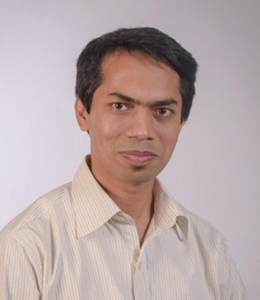Friday July 22th, 11:00 AM to 12:00 PM EDT
Title: Gaelic Language Technology: Ongoing Progress and Future Possibilities (Presentation Recording)
Speaker: William Lamb, University of Edinburgh, UK
Location: Hackerman B17 (preferred) and Zoom (available)Abstract: Only about 100 of the world’s roughly 7000 languages have provision in advanced language technologies, such as machine translation and speech-to-text systems (van Esch et al, LREC 2022). Given that it is an endangered language with less than 60k speakers, Scottish Gaelic has a surprising level of provision in this area. For instance, in terms of language technology research, Scottish Gaelic has 12th highest paper count per capita in the world for the period 2010–2020 (ibid: 5041). Over the past decade, researchers have developed: part-of-speech taggers, lemmatisers, machine translation systems, an orthographic normaliser, a text-to-speech system, a syntactic parser, a handwriting recogniser and, most recently, a speech-to-text system. This talk will outline the current state-of-the-art and how some of these tools are being used within education and applied research. It will then consider what is required before we can move towards next generation NLP and NLG systems.
Bio: William Lamb is a Senior Lecturer in Celtic and Scottish Studies, School of Literatures, Languages and Cultures, at the University of Edinburgh, concentrating on the fields of Scottish ethnology and Gaelic linguistics. Prior to joining the University of Edinburgh in 2010, he was a lecturer at the University of the Highlands and Islands and an Honorary Research Fellow of Glasgow University. Since 2021, he has also been a research affiliate of Edinburgh Futures Institute. His research interests lie within the two broad areas of Gaelic linguistics and Scottish oral tradition.
Mon. July 25th, 1:00 PM to 2:00 PM EDT
Title: Translating Dialectal Arabic Speech: Lessons from IWSLT 2022
Speakers: Kevin Duh and the Motley Crew
Location: Hackerman B17 (preferred) and Zoom (available)Abstract: In some communities, two dialects of the same language are used by speakers under different settings. For example, in the Arabic-speaking world, Modern Standard Arabic (MSA) is used as spoken and written language for formal communications (e.g., news broadcasts, official speeches, religion), whereas informal communication is carried out in local dialects such as Egyptian, Moroccan, and Tunisian. This phenomenon, called diglossia, poses unique challenges to speech translation. Often only the “high” dialect for formal communication has sufficient training data for building good ASR and MT systems; the “low” dialect for informal communication may not even be commonly written.
The IWSLT202 Dialect Speech Task focused on this setting: the goal is to build a Tunisian-to-English speech translation system using small amounts of Tunisian-English data and additional ASR and MT resources in Modern Standard Arabic. We will discuss our collective experience as organizers and participants working on this problem. What are the lessons learned? What are the promising future research directions? Is there any potential synergy with efforts addressed by teams at JSALT 2022? Our goal is to have an informal interative group discussion.
Bio: Kevin Duh is a Senior Research Scientist at the Johns Hopkins University Human Language Technology Center of Excellence, an Assistant Research Professor in the Department of Computer Science, and a member of the Center for Language and Speech Processing. Previously, he was Assistant Professor at the Nara Institute of Science and Technology (2012-2015) and Research Associate at NTT CS Labs (2009-2012). Kevin received his B.S. in 2003 from Rice University, and PhD in 2009 from the University of Washington, both in Electrical Engineering. His research interests lie at the intersection of Natural Language Processing and Machine Learning, in particular on areas relating to machine translation, semantics, and deep learning.
Wed. July 27th, 11:00 AM to 12:00 PM EDT
Title: Speech-to-Speech Translation Technology
Speaker: Ann Lee, Meta AI, New York
Location: Hackerman B17 (preferred) and Zoom (available)Abstract: Direct speech-to-speech translation (S2ST) aims at translating speech from one language into speech in another language without relying on text generation as an intermediate step. Compared to conventional cascaded approaches, which take advantage of automatic speech recognition (ASR), machine translation (MT) or end-to-end speech-to-text translation (S2T) followed by text-to-speech synthesis (TTS), direct S2ST has the advantage of faster inference and can support translation between languages without text writing systems. In this talk, I will cover our recent series of work on (1) advancing direct S2ST with self-supervised discrete representations for speech, (2) democratizing S2ST technology for supporting unwritten languages, and (3) tackling data scarcity issue with pre-training.
Bio: Ann Lee is a tech lead manager at Meta AI, working with a team focusing on speech translation. Her current research focuses are on speech representation learning, speech translation and speech synthesis. Before joining Meta, she received her Ph.D. degree from MIT spoken language systems group in 2016. Her thesis focused on mispronunciation detection in non-native speech for computer-assisted pronunciation training.
Fri. July 29th, 11:00 AM to 12:00 PM EDT
Title: Disinformation, Fact-Checking, Propaganda, Media Bias and Framing
Speakers: Firoj Alam, Qatar Computing Research Institute
Location: Hackerman B17 (preferred) and Zoom (available)Abstract: Internet and social media offer technological tools for anyone to become a content creator and to share information online. On the positive side, this has given rise to citizen journalism, thus enabling much faster dissemination of information compared to what was possible before with newspapers, radio, and TV. However, taking away the gate-keeping role of traditional media has left the public unprotected against biased, deceptive, and dis-informative content. We explore the general fact-checking pipeline and important elements thereof such as check-worthiness estimation, spotting previously fact-checked claims, and detection of persuasion techniques. This talk offers an overview of the emerging and interconnected research areas of disinformation, fact-checking, propaganda, and media bias detection.
Bio: Firoj Alam is a Scientist at the Qatar Computing Research Institute, HBKU. He received his PhD from the University of Trento, Italy, and has been working for more than ten years in Artificial Intelligence, Deep/Machine learning, Natural Language Processing, Social media content, Image Processing, and Conversation Analysis. His current research includes disinformation detection, fact-checking, multimodal propaganda detection, and fighting the COVID-19 infodemic in multiple languages. He has made significant contributions to developing AI based tools and resources to support humanitarian organizations during disaster events and to support the UN-OCHA in streamlining their Education Insecurity effort. He is also well known in the Bangla Language computing community for his numerous contributions to advance Bangla language computing research.


